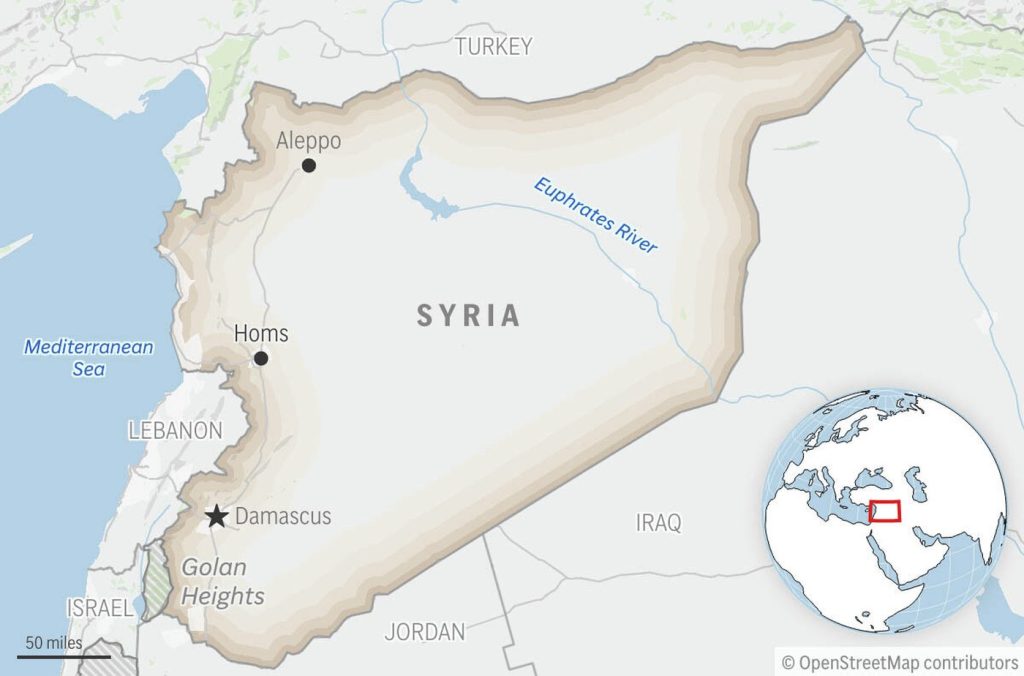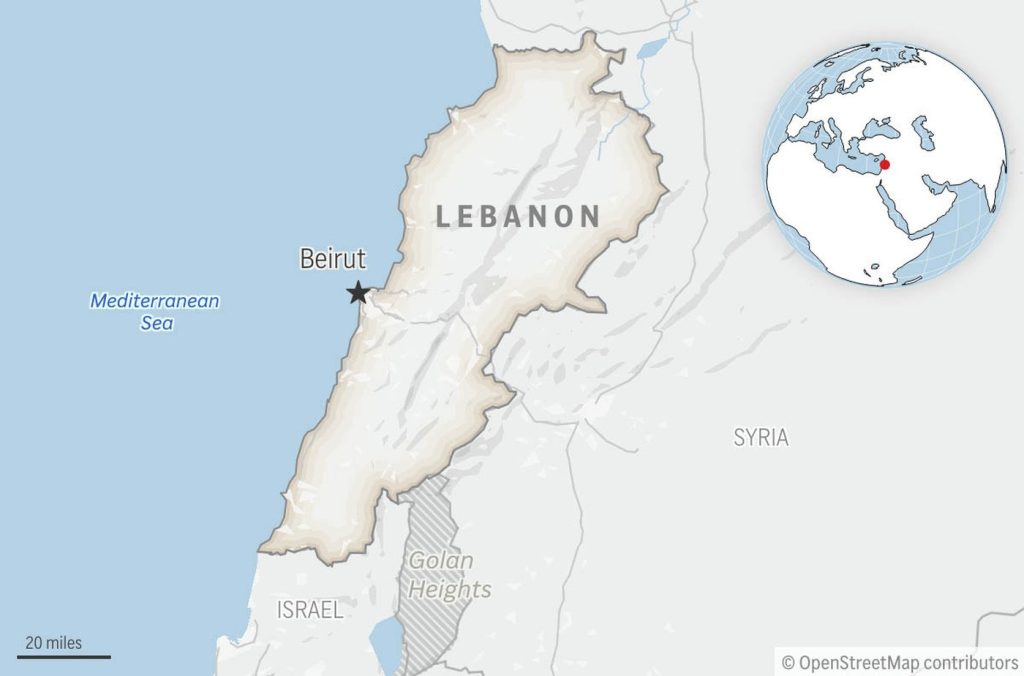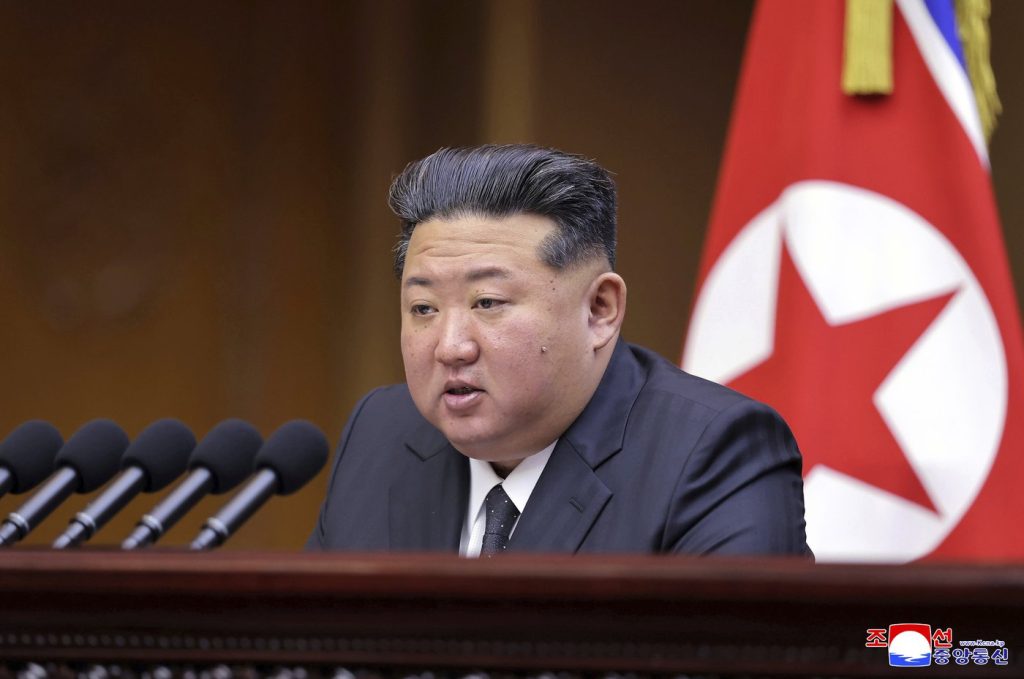DAMASCUS, Syria (AP) — Syrian President Ahmad al-Sharaa arrived in New York on Sunday to participate in the U.N. General Assembly, marking the first appearance of a Syrian president at this forum in nearly six decades. The last Syrian head of state to attend the General Assembly was in 1967, prior to the 50-year dominance of the Assad family dynasty, which ended in December when then-President Bashar Assad was ousted in a rapid insurgent offensive led by al-Sharaa. Assad's departure concluded nearly 14 years of civil war in the country.
Upon assuming the presidency, al-Sharaa has been focused on re-establishing relationships with both Arab nations and Western countries. Initially, there was skepticism regarding his past associations with the al-Qaida militant group. Al-Sharaa was formerly the leader of Hayat Tahrir al-Sham, a group that the United States previously classified as a terrorist organization. As president, he has advocated for coexistence amongst Syria's diverse communities, while attempting to reassure the nation’s minority populations. However, the country's fragile recovery has been compromised by instances of sectarian violence, with reports of fighters linked to the new government being implicated in the deaths of hundreds of Druze and Alawite civilians.
During his time at the U.N. General Assembly, al-Sharaa is expected to advocate for additional sanctions relief, which is essential for Syria's reconstruction efforts given the extensive damage to its economy and infrastructure. In May, U.S. President Donald Trump met with al-Sharaa in Saudi Arabia, proclaiming the intention to lift many of the long-standing sanctions imposed on Syria during the Assad regime. Following this meeting, Trump initiated the lifting or waiving of numerous sanctions. However, the strictest sanctions, enacted by Congress under the Caesar Syria Civilian Protection Act in 2019, necessitate a congressional vote for their permanent removal.
The dynamics of al-Sharaa's visit also encompass Syria's relations with U.S. ally Israel. Since the ousting of Assad, Israel has expressed distrust towards al-Sharaa’s government, seizing a previously U.N.-patrolled buffer zone in southern Syria. Israel has also conducted hundreds of airstrikes targeting Syrian military sites. Ongoing negotiations aim to establish a security agreement that al-Sharaa hopes will facilitate the withdrawal of Israeli forces and the reestablishment of the 1974 disengagement agreement. While al-Sharaa indicated last week that a resolution might be reached soon, Israeli Prime Minister Benjamin Netanyahu suggested on Sunday that such a breakthrough remains uncertain, stating, “There is some progress but the deal is still a vision for the future.”
On the same day, Syrian election officials declared that the country’s first parliamentary elections since Assad’s fall would occur on October 5. However, the members of the People’s Assembly will not be elected through a direct popular vote. Instead, an electoral college system will be employed, with electoral bodies in each province selecting two-thirds of the members. The remaining third will be directly appointed by al-Sharaa. Officials have asserted that conducting direct elections is logistically impractical at this time, as many Syrians have lost personal documentation or are living as refugees abroad due to the prolonged civil war.












